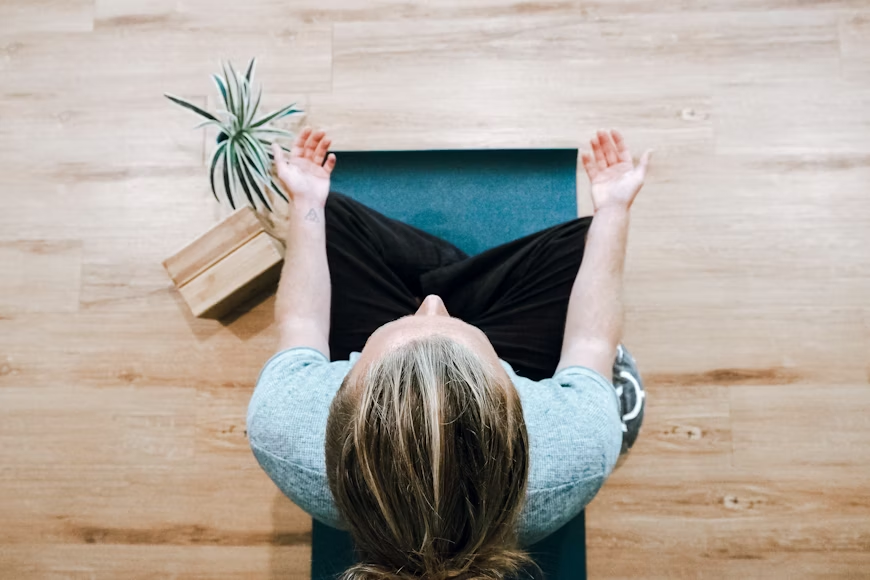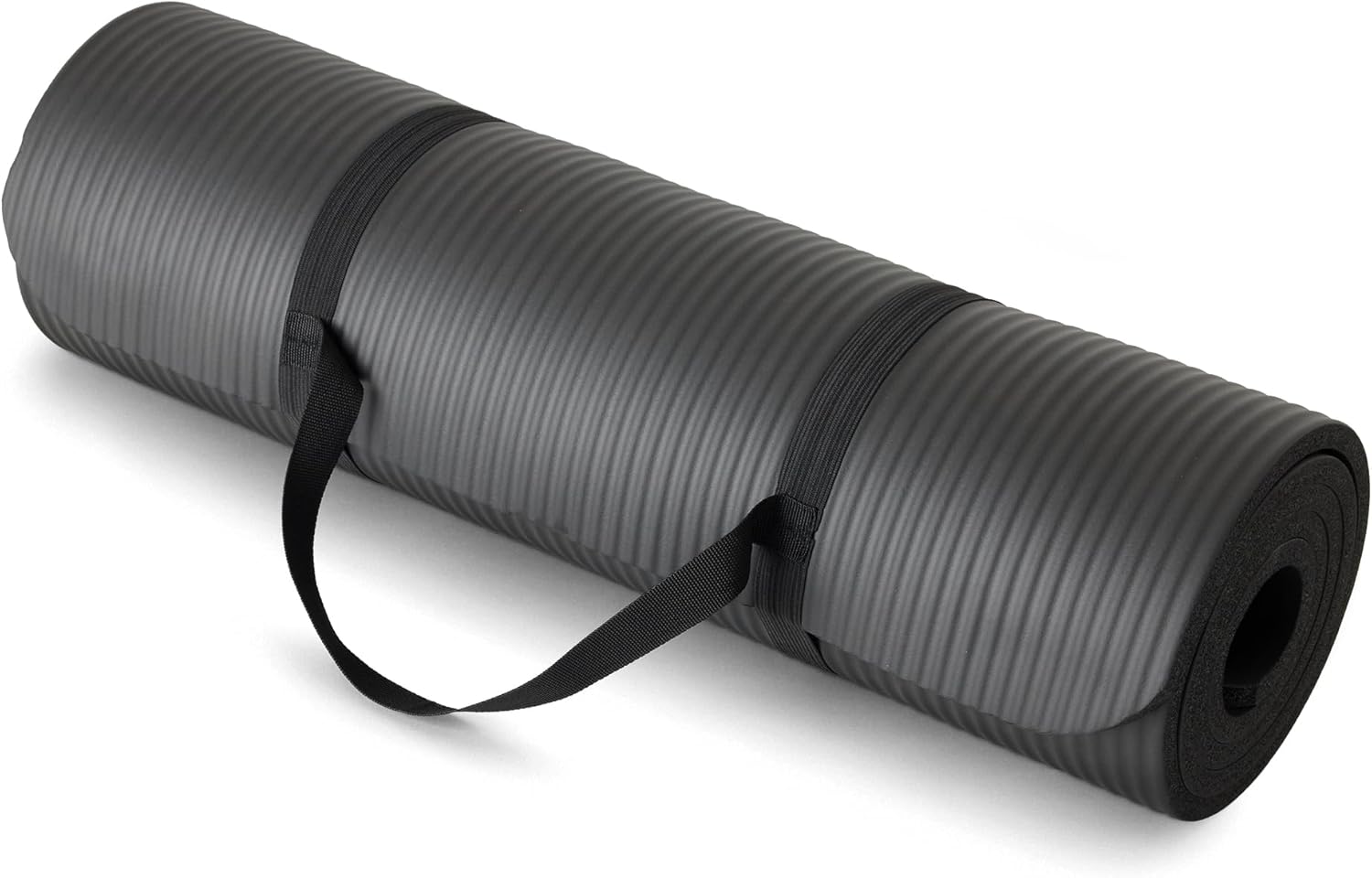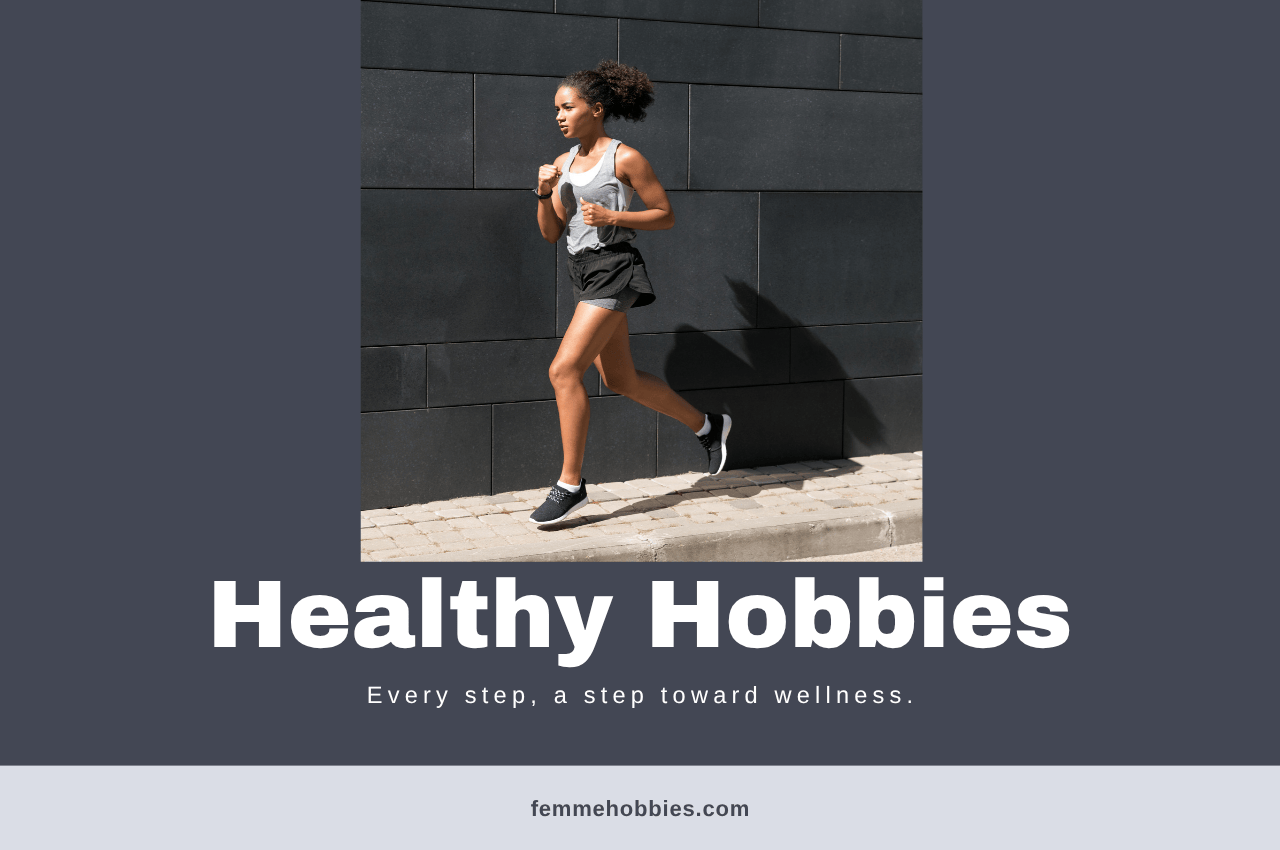I have spent considerable time researching what truly makes a hobby healthy, especially to help women find activities that improve both mental and physical well-being. Whether you are a young adult looking for fresh ideas, a busy adult trying to reduce stress, or even a couple wanting to connect more meaningfully, healthy hobbies can transform your life.
Finding the right hobby isn’t just about filling free time; it’s about choosing activities that sustain your mind, strengthen your body, and enhance your relationships. The best hobbies create a positive wave effect throughout your entire life, reducing stress while building skills and connections.
In this article, I will share the best healthy hobbies that support your mind, body, and relationships, backed by research and real-life examples. Plus, I will cover common questions around healthy hobbies for mental health, adults, men, and even warn about unhealthy hobbies to avoid.
Throughout, I’ll guide you through ideas you can start today, helping you discover which activities resonate most with your lifestyle and goals.
What Are Healthy Hobbies & Why Do They Matter?
Healthy hobbies are activities that actively contribute to your physical, mental, or emotional well-being. Unlike passive entertainment, these pursuits engage your mind and body in ways that reduce stress, build skills, and create positive connections with others.
Research consistently shows that engaging in meaningful leisure activities can lower hormone levels, improve cardiovascular health, and boost cognitive function. Healthy hobbies for mental health are particularly powerful; they provide an outlet for stress while creating a sense of accomplishment and purpose.
I experienced this firsthand when I started journaling during a particularly challenging period in my life. What began as a way to process difficult emotions gradually became a tool for clarity and self-discovery. The simple act of writing down my thoughts helped me identify patterns, celebrate small wins, and navigate stress more effectively.
The beauty of healthy hobbies for adults lies in their accessibility. You don’t need expensive equipment or years of training to begin. Many of the most beneficial activities can be started with materials you already have at home or with minimal investment.
Top 15 Healthy Hobbies for Women (and Everyone Else!)
1. Gardening

Gardening combines gentle physical activity with mental calm, making it one of the most therapeutic hobbies available. The act of nurturing plants provides a sense of purpose while connecting you to natural cycles and seasons.
My friend Asley started gardening after work as a way to decompress from her demanding job. She found that tending to her small herb garden helped her change from work stress to evening relaxation. The physical activity improved her mood, while watching her plants grow gave her a sense of accomplishment.
2. Cooking Nutritious Meals
Cooking transforms meal preparation from a task into a creative outlet. When you focus on nutritious ingredients and new techniques, you are simultaneously caring for your health and exploring artistic expression.
This hobby offers immediate rewards, delicious food, while building practical life skills. Experimenting with herbs, spices, and cooking methods keeps the activity engaging and helps you develop a healthier relationship with food.
3. Yoga and Meditation

Yoga combines physical movement with mindfulness, creating a powerful mind-body practice. Regular yoga practice improves flexibility, strength, and balance while reducing anxiety and promoting better sleep.
Meditation, whether practiced separately or as part of yoga, trains your mind to focus and find calm amid daily disorder. Even five minutes of daily meditation can create noticeable improvements in stress management and emotional regulation.


4. Journaling and Creative Writing
Writing provides a safe space to explore thoughts, emotions, and ideas without judgment. Whether you prefer structured journaling prompts or free-form creative writing, putting pen to paper helps clarify thinking and process experiences.
This practice costs virtually nothing but offers huge benefits for mental clarity and emotional processing. Many people find that regular writing helps them identify goals, track progress, and maintain perspective during challenging times.
5. Hiking and Walking

Walking and hiking offer cardiovascular benefits while connecting you with nature. These activities can be adapted to any fitness level and provide opportunities for solitude or social connection, depending on your preference.
Regular walking improves mood through the release of endorphins while offering gentle, sustainable exercise. Hiking adds the element of exploration and can become a way to discover new places in your area.
Emily Johnson from Colorado makes it a habit to take a brisk walk every morning before work and goes hiking in the Rocky Mountains twice a month. She says these routines keep her energized, help her manage stress, and allow her to enjoy breathtaking views.
6. Dancing
Dancing combines cardiovascular exercise with creative expression and can be enjoyed alone or in groups. Whether you prefer structured classes or dancing freely in your living room, this activity improves coordination, mood, and physical fitness.
Social dancing adds a community element that can help build friendships and confidence. The variety of dance styles means you can find something that matches your personality and preferences.
7. Volunteering
Volunteering creates meaningful connections while contributing to causes you care about. This activity fosters empathy, offers a broader perspective, and instills a sense of purpose that extends beyond personal concerns.
Research shows that volunteering can reduce symptoms of depression and anxiety while building social connections. The key is finding opportunities that align with your values and interests.
8. Learning a Musical Instrument
Music engages multiple areas of the brain simultaneously, providing cognitive benefits while creating joy. Learning an instrument challenges your mind, improves memory, and offers a creative outlet for emotional expression.
You don’t need to aim for professional-level skills to enjoy the benefits. Even basic proficiency provides satisfaction and ongoing mental stimulation.
9. Swimming
Swimming provides excellent full-body exercise with minimal impact on joints. This makes it ideal for people of all ages and fitness levels, including those recovering from injury or dealing with chronic pain.
The rhythmic nature of swimming can be meditative, while the physical activity provides cardiovascular and strength benefits. Many communities offer lap swimming hours or water aerobics classes for different skill levels.
10. Cycling
Cycling offers cardiovascular exercise while providing transportation and opportunities for exploration. Whether you prefer stationary bikes, neighborhood rides, or longer cycling adventures, this activity builds leg strength and endurance.
The outdoor version adds the benefits of fresh air and changing scenery, while indoor cycling can be convenient for busy schedules or challenging weather.
My friend Sarah Mitchell from Portland, Oregon, travels to work on her bike three times a week and joins a local weekend cycling group. She says cycling not only keeps her fit but also helps her explore new neighborhoods and meet like-minded friends.
11. Painting or Crafting
Creative activities like painting, knitting, or woodworking provide stress relief while building artistic skills. The focus required for detailed work can be meditative, creating a natural break from daily worries.
These hobbies also create solid results you can enjoy, gift, or even sell. The process of learning new techniques keeps the activity challenging and engaging over time.
12. Playing with Pets

Engaging with animals provides emotional benefits through companionship and unconditional love. Playing with pets reduces stress hormones while increasing oxytocin, the hormone associated with bonding and happiness.
If you don’t have pets, consider volunteering at animal shelters or offering pet-sitting services for friends and neighbors.
13. Reading Self-Help or Motivational Books
Reading expands knowledge while providing mental stimulation and stress relief. Self-help and motivational books specifically support personal growth and can provide tools for managing challenges.
This quiet activity can be enjoyed anywhere and fits easily into busy schedules. Even 15 minutes of daily reading can provide significant benefits over time.
14. Group Fitness Classes
Exercise classes combine physical activity with social interaction and professional instruction. Whether you prefer yoga, Pilates, dance, or strength training, group classes provide motivation and accountability.
The social aspect helps maintain consistency while building friendships with people who share similar health goals.
Rachel from Austin, Texas, attends a Zumba class twice a week with a group of friends she met at her local gym. She says the upbeat music, energetic instructor, and friendly atmosphere keep her coming back, making exercise feel more like a celebration than a chore.
15. Couple’s Activities
Healthy hobbies for couples strengthen relationships while promoting individual well-being. Activities like cooking together, hiking, or taking dance classes create shared experiences and common goals.
These activities provide opportunities for communication and teamwork while maintaining individual interests and growth. They can help busy couples prioritize time together in meaningful ways.
Social Fitness Hobbies for Women
Working out with others can significantly boost both results and happiness. Group activities like dance classes, hiking clubs, or Zumba sessions not only help you stay fit but also provide social support.
Exercising with friends or in a community reduces workout burnout and keeps fitness routines enjoyable. The accountability factor helps maintain consistency, while the social interaction adds an element of fun that makes exercise feel less like work.
Social fitness hobbies also improve mental health by lowering stress and creating meaningful connections. When you combine physical activity with social interaction, you address multiple aspects of well-being simultaneously.
Tip: Find a local women’s fitness group or join an online community to keep yourself accountable and inspired. Many communities offer beginner-friendly options that welcome people of all fitness levels.
Beware of Unhealthy Hobbies — What to Avoid
Not all leisure activities support your well-being. Unhealthy hobbies typically involve addiction, create stress, or promote isolation rather than connection and growth.
Examples of potentially unhealthy hobbies include excessive gaming that interferes with sleep or relationships, binge eating as entertainment, overworking disguised as productivity, or activities centered around smoking or excessive drinking.
The key distinction lies in how the activity affects your overall life. Healthy hobbies energize and restore you, while unhealthy ones often leave you feeling depleted or disconnected from important relationships and responsibilities.
To replace unhealthy habits with beneficial alternatives, start by identifying what need the unhealthy hobby was meeting. If it provided stress relief, look for healthier stress-reduction activities. If it offered social connection, seek activities that build relationships in positive ways.
Start Your Journey Today
Choosing hobbies that nourish your mind, body, and relationships is one of the most valuable investments you can make in your well-being. The activities listed here offer starting points for exploration, but the key is finding what resonates with your personality, schedule, and goals.
I encourage you to pick at least one healthy hobby from this list and try it this week. Start small, commit to just 15-20 minutes to see how it feels. You might discover a passion that transforms not just your free time, but your entire approach to self-care and personal growth.
I have explored many hobbies myself, and these have helped me stay balanced, connected, and energized. I hope they do the same for you—sparking joy, building confidence, and creating positive changes that ripple through every part of your life.
FAQs About Healthy Hobbies
Young adults often benefit from hobbies that build life skills while providing stress relief. Cooking, journaling, walking, and learning new skills through online tutorials are accessible starting points that don’t require significant investment.
Healthy hobbies for mental health work by providing stress relief, creating a sense of accomplishment, offering social connection, and giving you positive activities to focus on during difficult times. They can also improve self-esteem and provide healthy coping mechanisms.
Yes, shared healthy hobbies for couples create common goals, provide regular quality time, and offer opportunities for communication and teamwork. Activities like cooking, hiking, or taking classes together build stronger relationships while supporting individual growth.
Many healthy hobbies can be adapted for different ages and ability levels. Walking, reading, gardening, crafting, and cooking can be modified to suit various physical capabilities and interests while still providing significant benefits.
Warning signs include neglecting responsibilities, isolation from friends and family, physical or financial harm, increased stress rather than relief, or feelings of guilt and shame associated with the activity.


